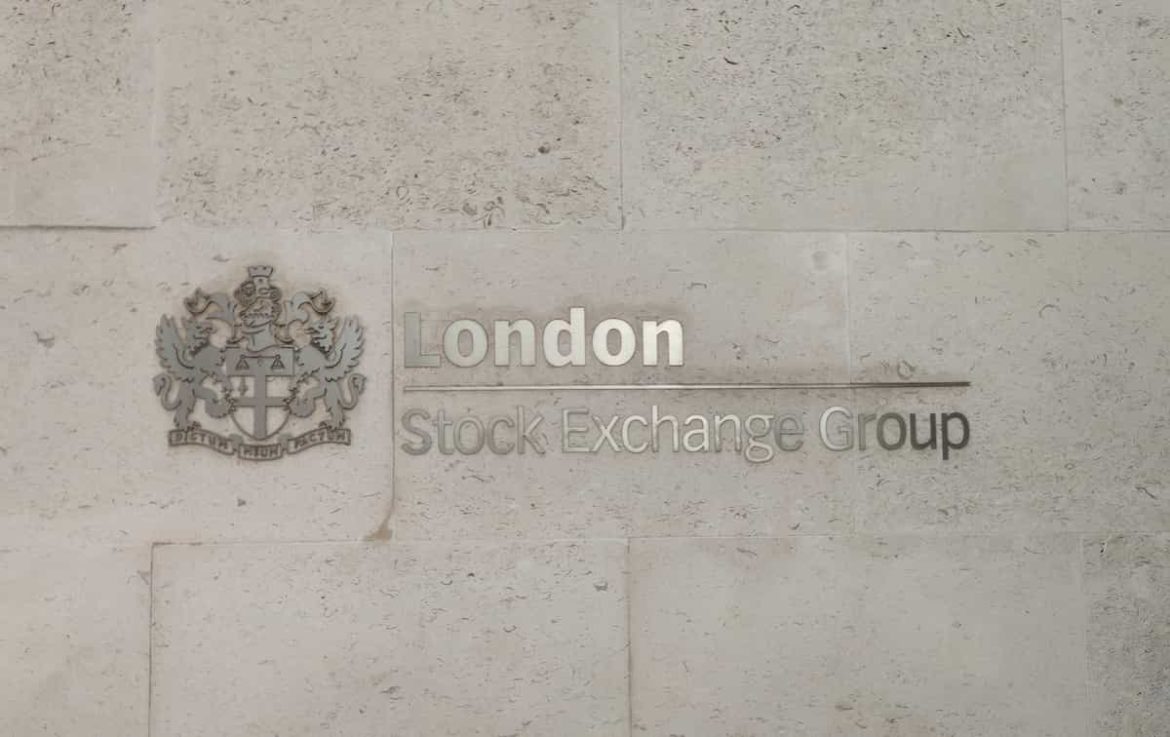
Almost 400 Companies Have Stalled Trading on LSE Within the 5 Last Years
The London Stock Exchange appears to be losing its position as a lucrative market in the financial world. It seems that the exchange has been losing the number of companies trading on the platform over time.
Data presented by Buy Shares indicates that the number of companies trading on the London Stock Exchange has dropped by 396 or 16.63% between November 2015 to November 2020. In 2015 the figure stood at 2380 while this year, 1984 companies are trading on the LSE.
The research also overviewed the average daily number of trades on the exchange during the same period. The highest trades were executed in March 2020 with an average of 2.03 million. The lowest transactions were recorded in August 2020 at an average of 760,180.
Explaining LSE’s drop in trading companies
The data shows that the LSE is losing its luster as a top exchange in Europe. Stalling companies can be linked to several factors. Potentially, the uncertainty that has surrounded Brexit continues to keep companies away from the LSE. Analysts had predicted the impact of Brexit on the exchange. Companies affected by Brexit no longer see the need to continue with their listing on LSE. Similarly, companies are no longer seeing the importance of launching their IPOs on the exchange. As an impact of Brexit, there have been depressed valuations. In reaction, most investors have largely steered clear of UK stocks.
Furthermore, regulations have been more challenging for listed businesses, which has also put companies off. Small and mid-cap companies find it difficult to justify a listing, given the fees, regulatory burden, and comparatively high costs relative to private markets on the LSE.
It is worth highlighting that 2020 witnessed another high number of stalling companies from LSE listed companies due to the coronavirus pandemic. The crisis adversely impacted the global stock market leading to a wipe-off in billions in stock values alongside extreme volatility and massive sell-offs.
The relentless rise of private equity has given companies an attractive alternative to listing on a major platform like the London Stock Exchange. Companies are going private at a high rate due to depressed share prices, low-interest rates, and the massive attraction of Private Equity. Attractive valuations have enabled Private Equity funds to acquire companies with strong fundamentals at prices below recent norms.
The value of daily trades has also been on the decline due to low liquidity. The liquidity issue has been brought about by the fact that the UK market has been shrinking with net equity supply declining at a faster rate compared to rivals. Notably, the shrinking has affected the rest of Europe, but London has faced the most brunt.
The Future of LSE
However, the declining number of companies on LSE might increase in the future, considering that there are calls for government help. There are calls for the government to step in, especially in the backdrop of Brexit. With help from the government, LSE can attract global businesses to list in London, knowing they have access to the deepest capital pool, against a fair and consistent regulation.
The decline might pose a threat to London’s position as Europe’s financial hub. However, London still has attributes that are hard replicating in other markets. Notably, the LSE’s location and social infrastructure are vital. However, there are concerns regarding the implications for London’s future as the stock market drought extends.
